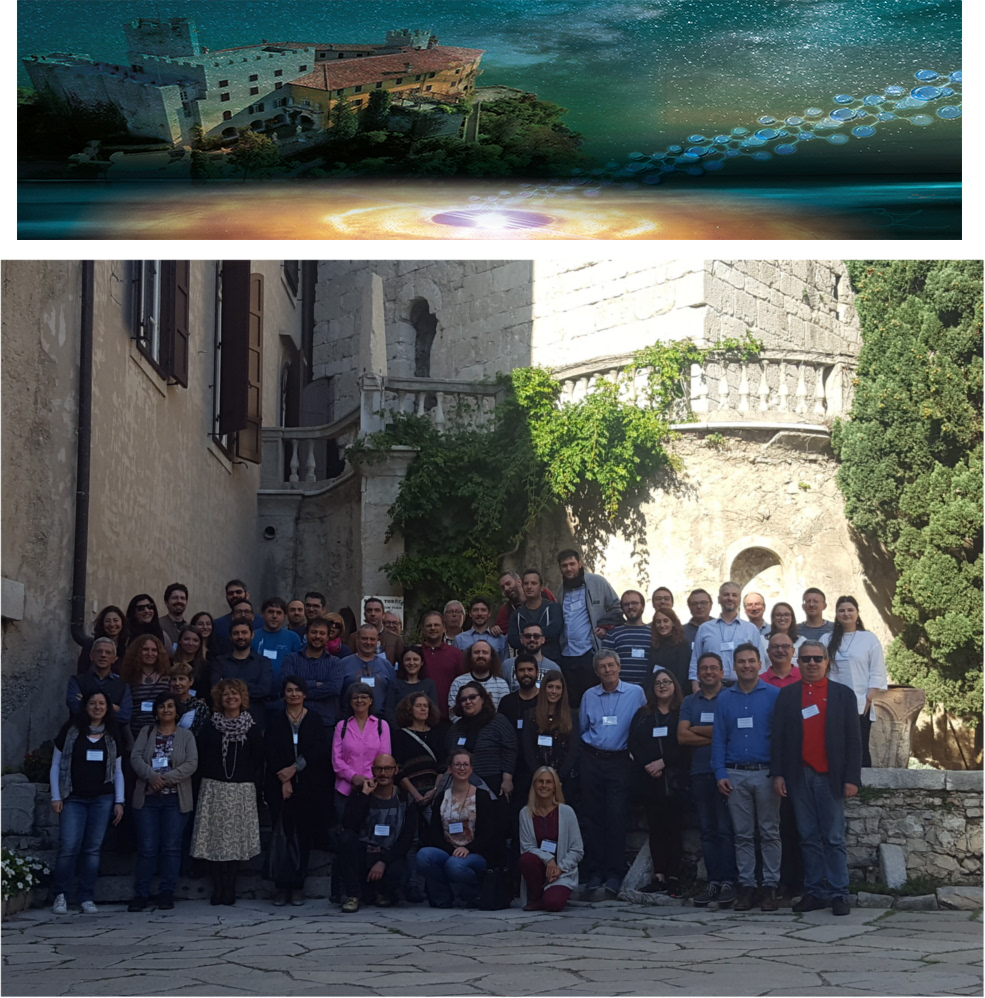Protoplanetary disks contain the ingredients for the bulk and atmospheric composition of planets. Addressing the physical conditions and chemical composition of disks is thus important to understand the origin of planets and their atmospheres. In particular, it is debated to what extent planets (a) inherit their composition directly from the interstellar medium (inheritance) or (b) whether...
A key open question in astrochemistry is how chemical complexity increases during the formation process of Sun-like stars from prestellar cores to protoplanetary disks and ultimately to planets. Is the chemical composition of planets inherited from the prestellar and protostellar stages? Or does it reflect chemical processes occurring in the disk? Are organics efficiently formed in disks and...
We propose a cross-disciplinary study of dust dynamics and the observed gas tracers using the VLT-X-Shooter and VLT-CRIRES data (Alcala et al. 2017) in which we will explot that will transfer know-how and methods derived from recent advancements in the field of Solar System investigations to the study of circumstellar discs. It is a theoretical modelling of the dust dynamical evolution in the...
Protoplanetary disks constitute the primordial environment for the formation of the many planet systems observed up to now. Recent dynamical investigations (see Pfalzner & al, 2015) suggest that the Solar System has been formed in an Open Cluster. This idea has been corroborated by the many recent observations of both disks and planetary systems around stars in open clusters (see, for example...
The formation process of planetesimals and giant planets is entwined with the evolution of the protoplanetary disks in which they are born. From the moment of their appearance, however, the interplay between giant planets and planetesimals contributes in shaping the characteristics of the surrounding protoplanetary disks. Signatures of these processes are left in the composition of both giant...

